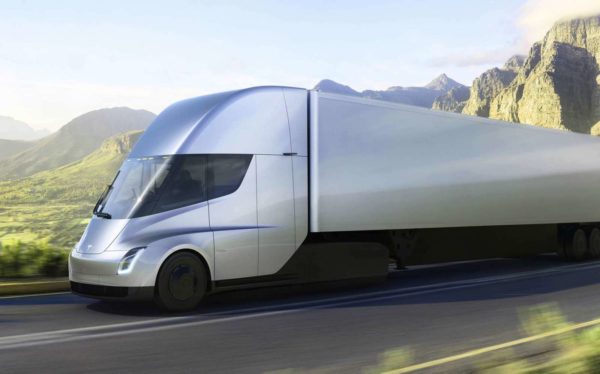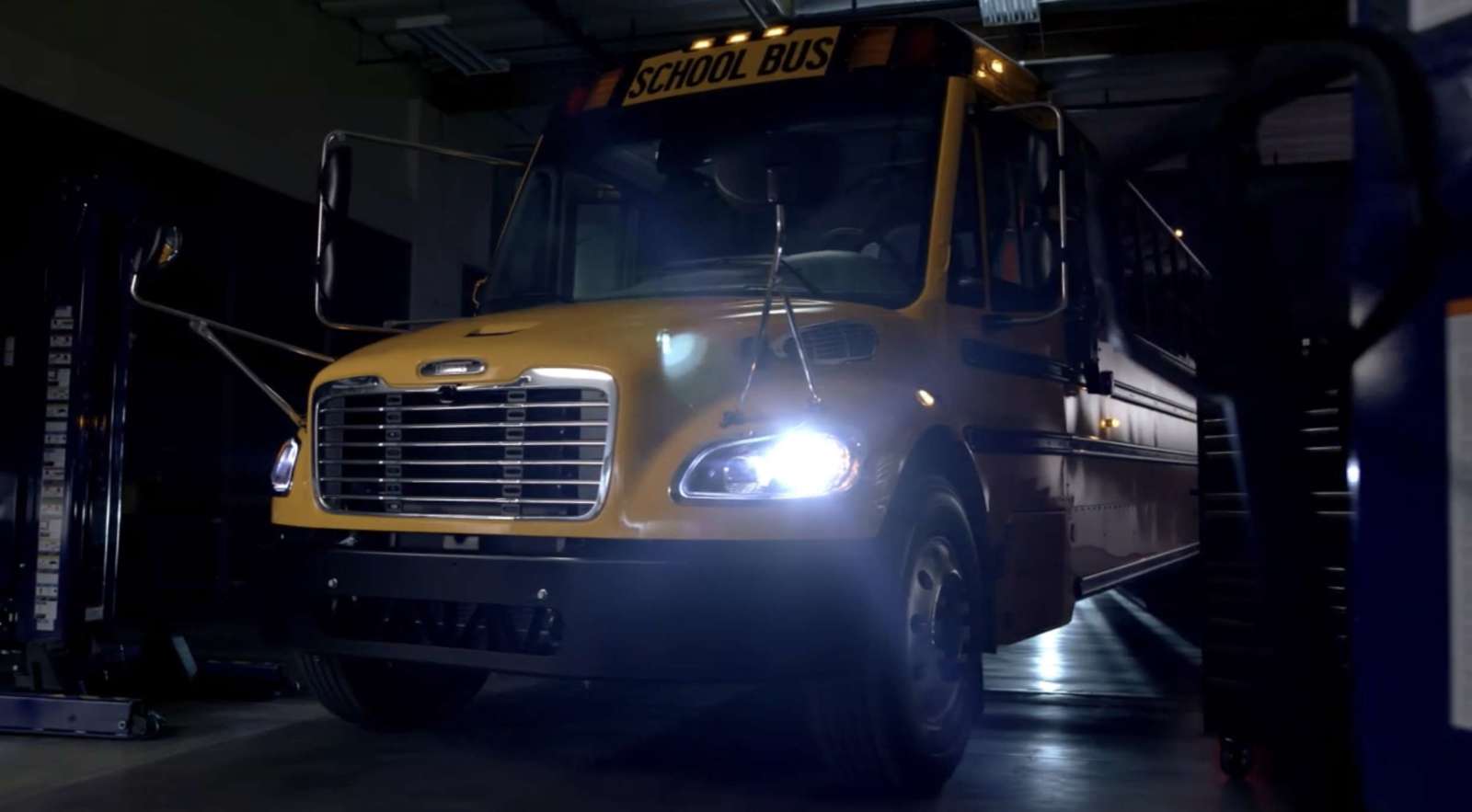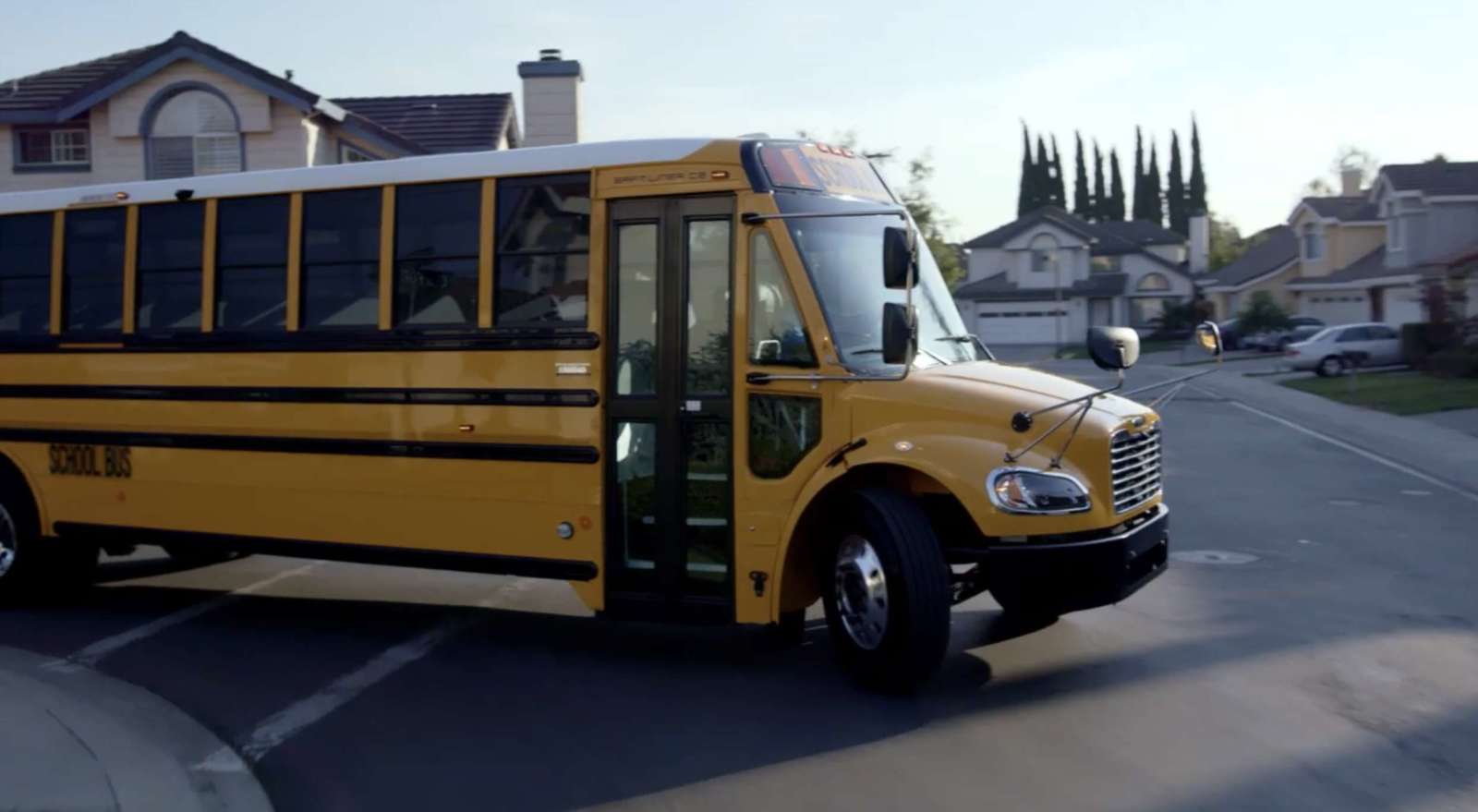This regularly-scheduled sponsored column is written by the Arlington Initiative to Rethink Energy team (AIRE). This county program helps you make smart energy decisions that save you money and leaves a lighter footprint on the environment.
As we move into Phase 2 opening, we will continue our virtual solar and electric vehicle (EV) co-op sessions.
More than 200 homeowners have already installed solar panels as part of our Solar and Electric Vehicle Charger Co-op.
This spring, we’ve already had more than 280 homeowners attend virtual co-op sessions. Sixty-nine families have already had their roofs screened, verified as viable for solar, and they have joined the Co-op.
This June, we’ll continue with 3 additional information sessions. Please RSVP and join us to learn more:
- June 23 — 6 p.m. Info Session link
- June 26 — 12 p.m. Info Session link
- June 30 — 12 p.m. Battery Storage 101 link
For those who may not be familiar, the Co-op helps Arlingtonians buy solar panels and EV chargers at a discounted price through bulk purchasing. The Co-op also provides support to participants to make the purchasing process easy. This year we will also provide information about storing your solar power at home in battery systems.
You can also take advantage of one of the last big federal solar tax credits. This year the solar tax credit will be 26 percent. In 2021, it will be 22 percent and in 2022 and beyond, it won’t be available for homeowners at all.
As you quarantine at home, use this opportunity to learn more about solar power, electric vehicle charging and solar battery storage. Take action today to help our community be carbon neutral by 2050.





